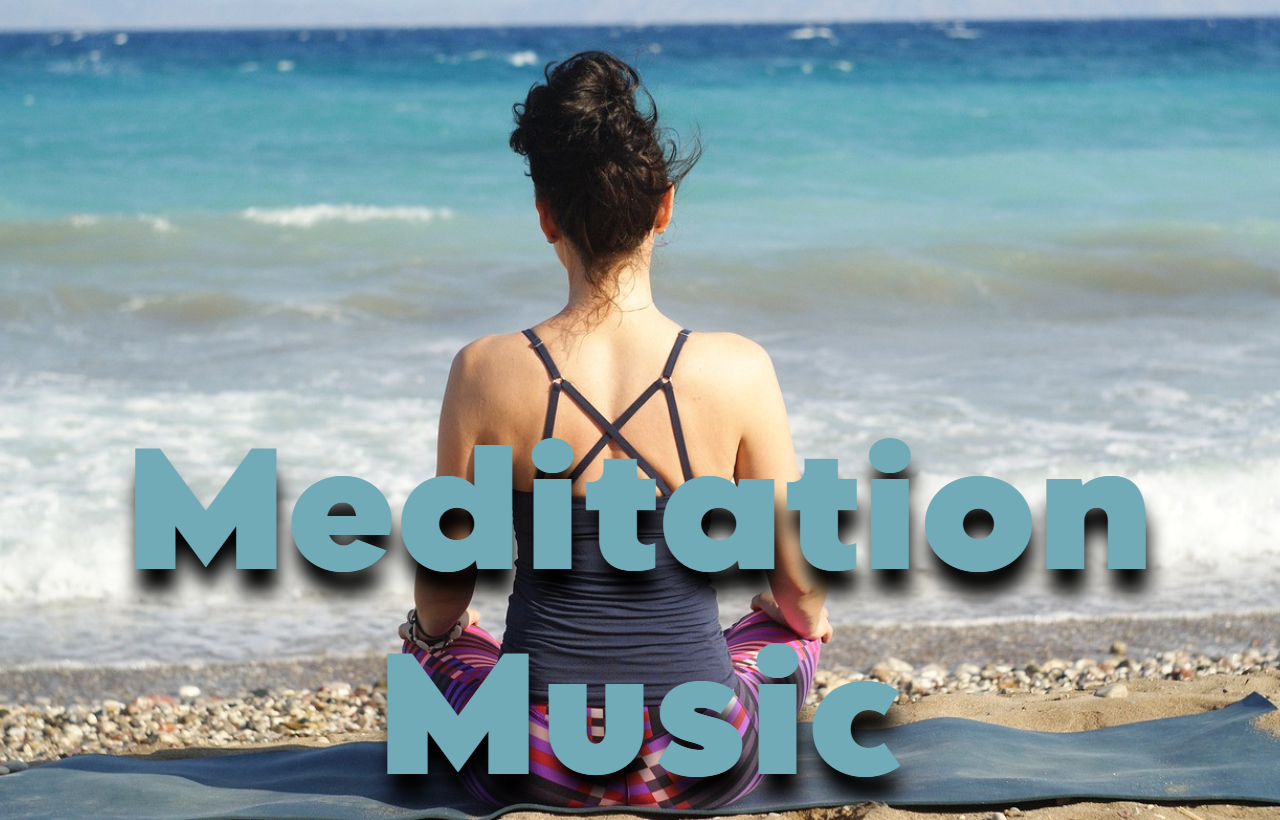Stress and anxiety have become common companions in our fast-paced lives. With mounting responsibilities, deadlines, and unforeseen challenges, finding effective ways to manage stress is crucial. One of the simplest yet most profound solutions lies in the power of music. This essay explores how music reduces stress and anxiety, backed by research, statistics, and practical insights.
How Music Can Reduce Stress
Music has a unique ability to influence our emotions and mental state. Whether it’s the soothing notes of a piano or the rhythmic beats of a drum, music resonates with the human psyche in profound ways. Here’s how music helps in stress relief:
- Physiological Relaxation: Listening to relaxing music slows the heart rate, reduces blood pressure, and lowers cortisol levels—the hormone associated with stress.
- Emotional Regulation: Music offers an emotional outlet. A melancholic tune can validate one’s sadness, while an upbeat rhythm can uplift the mood, reducing stress and anxiety effectively.
- Distraction from Stressors: Engaging with music shifts focus away from stressors, providing a mental escape and fostering a sense of calm.
Music Relieves Stress Statistics
Numerous studies highlight the efficacy of music in stress reduction. Below is a summary of key statistics:
| Study/Source | Key Findings |
|---|---|
| American Psychological Association | 85% of participants reported feeling less stressed after listening to music. |
| Journal of Music Therapy | Music therapy sessions reduced anxiety levels in 78% of patients with chronic stress. |
| Global Wellness Institute | Relaxing music improved sleep quality and reduced cortisol by 31%. |
These figures underscore the undeniable link between music and stress relief.

Music and Stress Research
Scientific research has delved deeply into the therapeutic benefits of music. Studies have shown that:
- Music Therapy and Stress Reduction Research PDF: This research reveals that structured music therapy sessions significantly alleviate symptoms of anxiety and depression, particularly in clinical settings.
- Neurochemical Responses: Music triggers the release of dopamine—the “feel-good” neurotransmitter—which helps combat stress.
- Relaxing Music to Relieve Stress, Anxiety, and Depression: Music with a slow tempo and harmonious tones promotes relaxation, reducing both physical and emotional stress.
How Does Music Reduce Anxiety and Depression?
Anxiety and depression are two major culprits affecting mental health globally. Music offers a non-invasive, cost-effective solution. Here’s how:
- Engages the Mind: Music provides cognitive engagement, diverting attention from negative thoughts and emotions.
- Enhances Social Connections: Group activities like singing or attending concerts foster social bonds, which are vital for emotional well-being.
- Promotes Mindfulness: Listening to music encourages mindfulness, helping individuals stay present and reduce ruminative thoughts.
Which of the Following Helps to Reduce Stress?
Among various stress management techniques, music stands out due to its accessibility and versatility. Consider the following stress-relief options and their comparative ease:
| Method | Ease of Implementation | Effectiveness |
| Deep Breathing | High | Moderate |
| Physical Exercise | Medium | High |
| Music Listening | Very High | Very High |
| Meditation | Medium | High |
Clearly, music offers an unmatched combination of simplicity and efficacy.
Examples of Music’s Impact
- Case Study in Hospitals: Patients undergoing surgery reported lower anxiety levels when exposed to calming music before the procedure.
- Workplace Settings: Employees who listened to music during breaks showed improved focus and reduced stress levels.
Music Can Reduce Stress Essay Conclusion
In conclusion, music is a powerful tool for combating stress and anxiety. Whether through casual listening, active engagement, or structured therapy, music resonates deeply with our emotional and physical state. Embracing music as a stress-relief mechanism can lead to profound improvements in overall well-being.
FAQs
1. How does music reduce stress and anxiety?
Music helps lower cortisol levels, slow heart rates, and provides emotional release, effectively reducing stress and anxiety.
2. What are the statistics on music relieving stress?
Studies show that music therapy can reduce anxiety levels in 78% of individuals and decrease cortisol by up to 31%.
3. Is music therapy scientifically proven?
Yes, music therapy has been validated by numerous studies and is widely used in clinical settings for stress and anxiety relief.
4. Which type of music is best for stress relief?
Relaxing music with a slow tempo, minimal lyrics, and harmonious tones is ideal for relieving stress and anxiety.
5. Can listening to music improve mental health?
Yes, regular engagement with music can enhance mood, reduce symptoms of anxiety and depression, and promote relaxation.
6. How effective is music therapy compared to other methods?
Music therapy is as effective as meditation and physical exercise, offering a unique, non-invasive approach to stress management.
7. Where can I find music therapy resources?
Online platforms offer resources like “music therapy and stress reduction research pdf” and curated playlists for stress relief.


